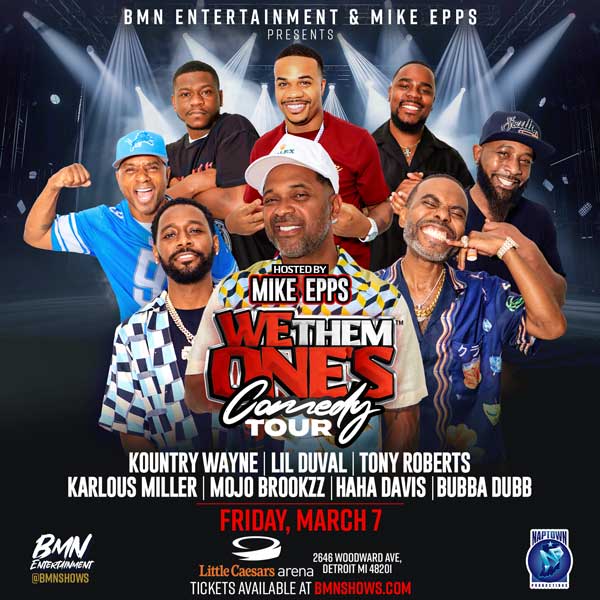Bydly Insights
Explore the latest news, trends, and insights across various topics.
Laughs on Repeat: Why We Can't Get Enough of Comedy Shows
Discover why comedy shows keep us laughing and coming back for more! Unravel the secrets behind our love for humor and binge-worthy laughs.
The Science Behind Laughter: Why Comedy Shows Make Us Feel Good
Laughter is more than just a response to humor; it is a complex physiological reaction with profound effects on our mental health. When we laugh, our bodies release endorphins, which are natural feel-good chemicals. These neurotransmitters not only diminish pain but also enhance our mood, creating a sense of euphoria. Comedy shows, which often evoke spontaneous laughter, play a crucial role in enhancing our overall wellbeing by triggering this chemical reaction. In fact, studies show that laughter can reduce stress hormones and stimulate circulation, making it a powerful ally in maintaining a positive mindset.
Moreover, the social aspect of laughter cannot be overlooked. Attending a comedy show or watching one with friends fosters connections and strengthens interpersonal bonds. This shared experience of joy can promote feelings of togetherness and belonging, combating loneliness and depression. As we engage with comedic content, our brains process humor through a complex interplay of cognitive functions, allowing us to engage in critical thinking while simultaneously experiencing positive emotions. Thus, comedy shows not only provide entertainment but also serve as a vital tool for enhancing our emotional resilience and social interactions.

Binge-Worthy Comedies: Top Picks to Keep You Laughing All Weekend
When it comes to finding binge-worthy comedies, the options are plentiful and sure to keep you laughing all weekend long. Whether you prefer witty dialogues, slapstick humor, or clever satire, there’s a comedy series out there to match your tastes. Here are some top picks that are not only entertaining but also have gained rave reviews among audiences:
- The Office - This mockumentary-style sitcom has become a classic, showcasing the everyday lives of office employees in hilarious, awkward situations.
- Parks and Recreation - With its unique characters and heartwarming moments, this comedy series captures the essence of small-town government in a delightfully funny way.
- Brooklyn Nine-Nine - A perfect blend of humor and crime-solving, this show follows the exploits of a diverse group of detectives in a New York precinct.
If you’re looking for a way to spend your weekend with laughter, these series are sure to hit the sweet spot. Moreover, many of these comedies offer not just humor, but also strong character development that keeps you invested. So grab your snacks, settle into your cozy spot, and get ready to enjoy:
- Friends - The iconic sitcom that revolutionized the genre, featuring a group of friends navigating life and love in New York City.
- Schitt's Creek - Following a wealthy family that suddenly becomes broke, this show explores themes of humility and resilience with laughter at every turn.
What Makes a Comedy Show Truly Memorable? Exploring the Elements of Humor
When it comes to what makes a comedy show truly memorable, relatable characters are often at the forefront. Viewers tend to connect more deeply with characters that reflect their own experiences, quirks, or life situations. These characters serve as vessels for humor that resonates on a personal level. Additionally, an effective narrative structure enhances the emotional investment of the audience; when viewers are emotionally engaged, they're more likely to remember the jokes and situations that made them laugh. Elements like character development, strong backstories, and cohesive plots work together to create a comedy experience that lingers in the mind long after the credits roll.
Another crucial element is the timing and delivery of the jokes. Great comedians and writers know that the punchline's placement can elevate the humor, making it feel spontaneous rather than scripted. Utilizing techniques like call-backs—referring back to a joke made earlier in the show—can also deepen the comedic effect and create lasting impressions. Furthermore, the incorporation of cultural references allows the audience to feel included in an inside joke, enhancing their overall experience. Ultimately, a truly memorable comedy show masterfully combines all these elements, leaving audiences laughing and discussing long after the final curtain falls.